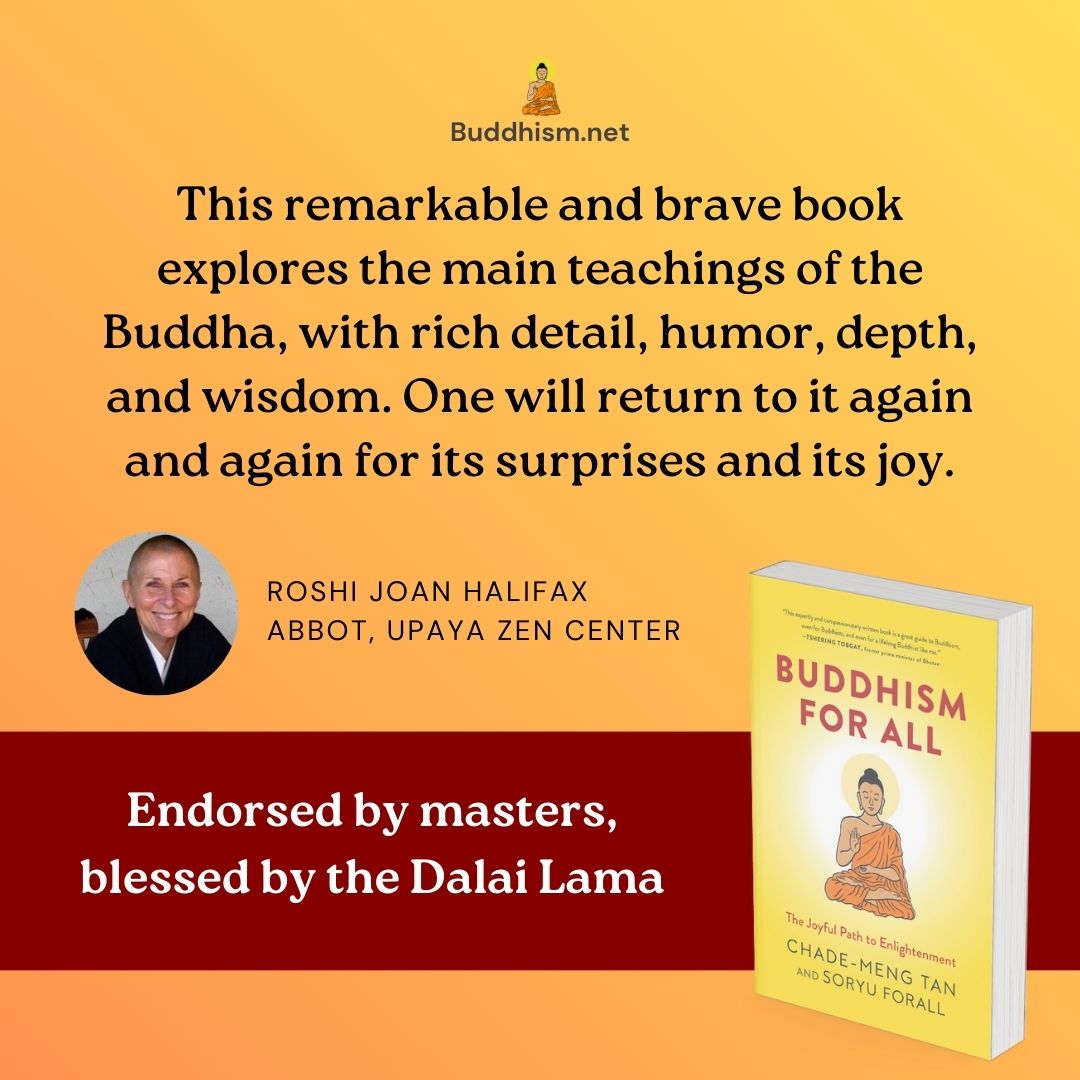
There is a very simple way to think about right speech: it is speech that gives rise to peace and happiness in self and others. In that sense, right speech is right intention as applied to speech, so as long as you maintain right intention while speaking, you basically have this covered.
As usual, though, the Buddha provided some useful practical guidelines. For monks, he prescribed right speech as abstinence from four things: false speech, divisive speech, harsh speech, and idle chatter.[1] The first three makes immediate sense, the last one you may find a little curious. The reason for Buddhist monks to abstain from idle chatter is that they are supposed to practice preserving a certain degree of mental stillness and mindfulness at all times, and idle chatter interferes with that.
In a separate discourse,[2] the Buddha talked about deciding whether something is worth saying based on two criteria: whether the words are truthful and useful. Something is worth saying if and only if it is truthful and useful. In addition to that, the Buddha also advised to “have a sense of proper time” for speech based on whether or not it is endearing and agreeable. In other words, if something is truthful and useful but disagreeable, it is still worth saying, it’s a matter of finding the right time to say it.
This topic came up during a conversation between the Buddha and a prince by the name of Abhaya. Abhaya invited the Buddha to his home for a meal, but his real intention was to try to humiliate him in front of an audience. Previously, the Buddha had said that an evil man by the name of Devadatta (whom we will talk about later in this series) was destined for hell due to his evil actions, and when Devadatta heard that, he got angry. So Abhaya was planning to ask the Buddha whether he would utter any speech that would be “unwelcome and disagreeable to others”. If the Buddha answered yes, Abhaya would say, “then you are no different from an ordinary person”, and if the Buddha answered no, he would say, “you lie, because you said this and that about Devadatta.” So, either way, he would refute and humiliate the Buddha.
After the meal, Prince Abhaya sat near to the Buddha and asked the question, “Venerable sir, would you utter speech that would be unwelcome and disagreeable to others?”
Prince Abhaya at this time had a young infant (presumably his son) sitting on his lap. According to medieval commentary, this was a cheap debating trick. If Abhaya found himself losing the debate, he would use the infant as an excuse to abruptly end the debate and leave.
The Buddha knew what was happening, and he decided to use the infant as a teaching aid. He asked Abhaya, “If, while you or your nurse were not attending to this child, he was to put a stick or a pebble in his mouth, what would you do?” Abhaya answered, “Venerable sir, I would take it out. If I could not take it out at once, I would take his head in my left hand, and crooking a finger of my right hand, I would take it out even if it meant drawing blood. Why? Because I have compassion for the child.”
And the Buddha answered, “In the same way, if something is true and useful, I would say it even if it is unwelcome and disagreeable to others. Why? Because I have compassion for beings.”
At the end of the conversation, the prince declared himself a follower of the Buddha.
Activities
References
[1] Saṃyutta Nikāya 45.8.
[2] Majjhima Nikāya 58.
Artwork by Colin Goh.

